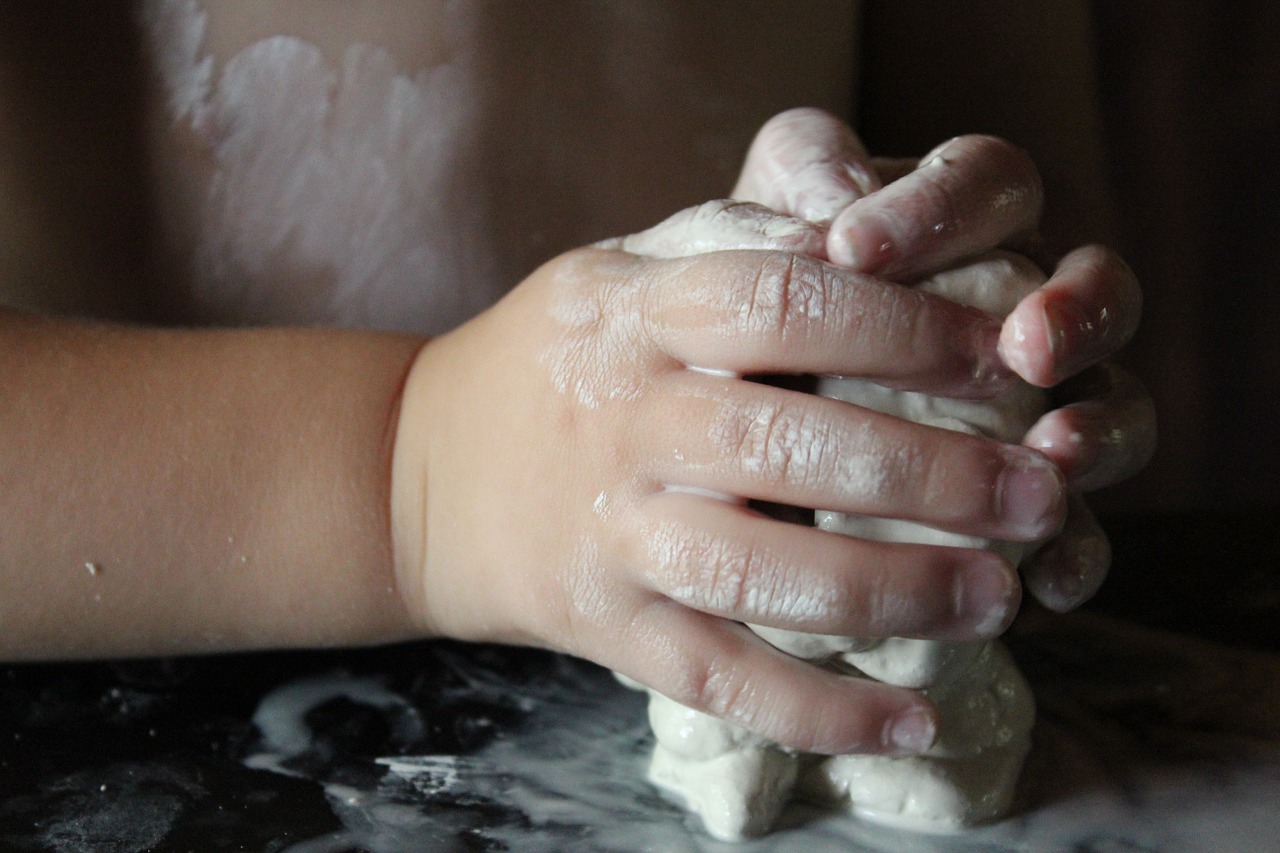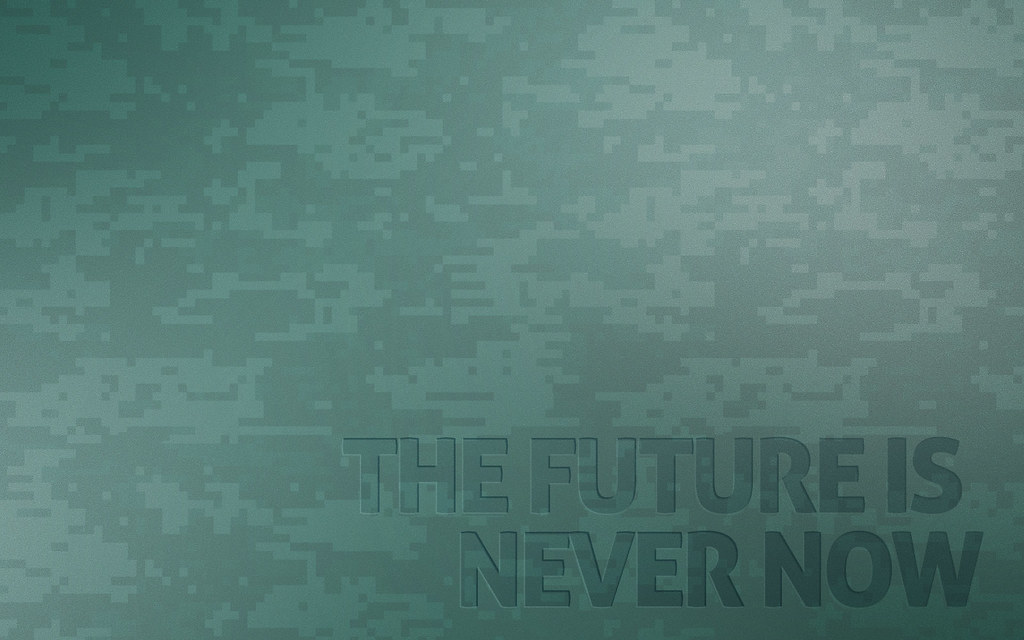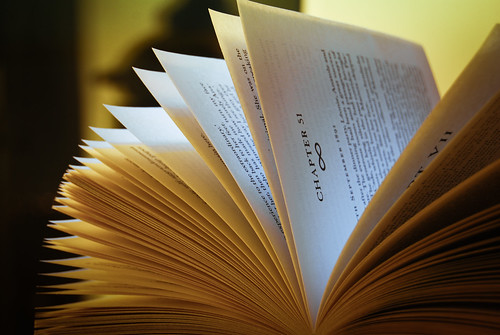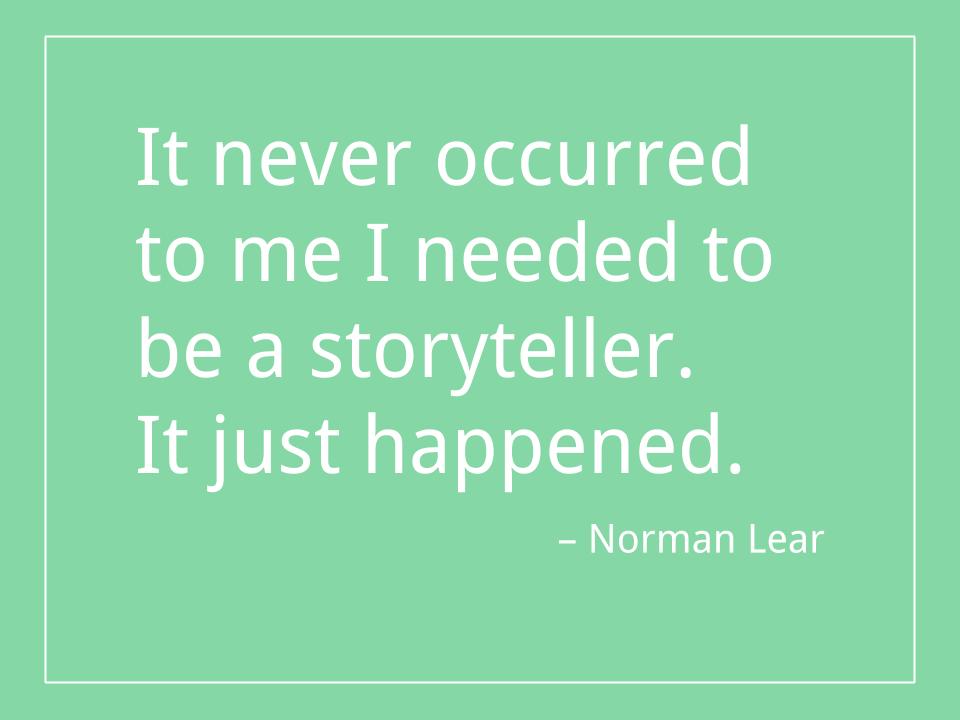We have a family morning meeting. The boy suggested it a few weeks ago. There are three standing questions:
- How do you feel?
- How are you feeling about your day?
- What do you want to get done today?
I struggle every morning trying to find a difference between my answers to #1 and #2, but I find a way to make it work. Yesterday, I got to explain optimistic.

More than any of it, I look forward to their answers. Happy is the most often shared feeling in the morning. It’s when we get to #3 that I get a sense of where their brains and priorities are. It bounces around. Sometimes, its seeing friends. Sometimes, it’s a specific friend. It could be as general as “get my work done” or as specific as “tell my teacher you beat the Spider-Man game”. (I did, and I’m equally proud.)
My moments of self-control happen when their responses are vague. It’s all I can do not to ask for more detail to “get my work done.” I hold back because I know that will come. I hold back, and I model that detail in my own response. I know they are listening because we share our progress when I pick them up from school. “Did you write that thing you wanted to write and send the message to your friends at work?” (I did.)
They are playing with goal setting, and I want it to be just that. Our morning meetings are space for them to mess about with checking in on their own feelings in the moment and experiment with setting a course for the day. There are so many parts of their lives when I and other adults ask them to do it differently or better or again or never again. Our morning meetings are a place where I want them to know none of that will happen. It’s a space where whatever answer is the correct answer.
It’s also a space where I try not to say happy all the time. It’s a little tough, because I usually am. When it’s true, though, I’ll say I’m frustrated or anxious or any other more negative emotion. I do it, one, because it’s what I’m feeling, and, two, because I want them to see I or they can feel those things and the world will not end.
“I am feeling anxious because we got out the door late today, and I’m worried we won’t get to school today. I’m feeling hopeful that feeling will pass and the rest of my day will be better.” Something like that.
All of this has also been a little jarring for me. More accommodating than I’d like to admit, I’m much more likely to put my own emotions on the back burner so as not to get in others’ way. It’s a trait I’m actively working not to pass on to my kids. It’s also personal growth I’m trying to make transparent to them. Grown ups learn too.
I hope the other grown ups to whom I entrust them each day are making similar spaces for them. In between math and reading, I hope they have moments surrounded by peers and teachers where the community checks in with itself to see what it needs to support its members.
Mine aren’t the only kids hungry for these spaces. I’m not the only adult who needs to learn how to answer these questions honestly. I hope our schools and classrooms recognize the value and extent to which doing this work can make the academic work so much better.
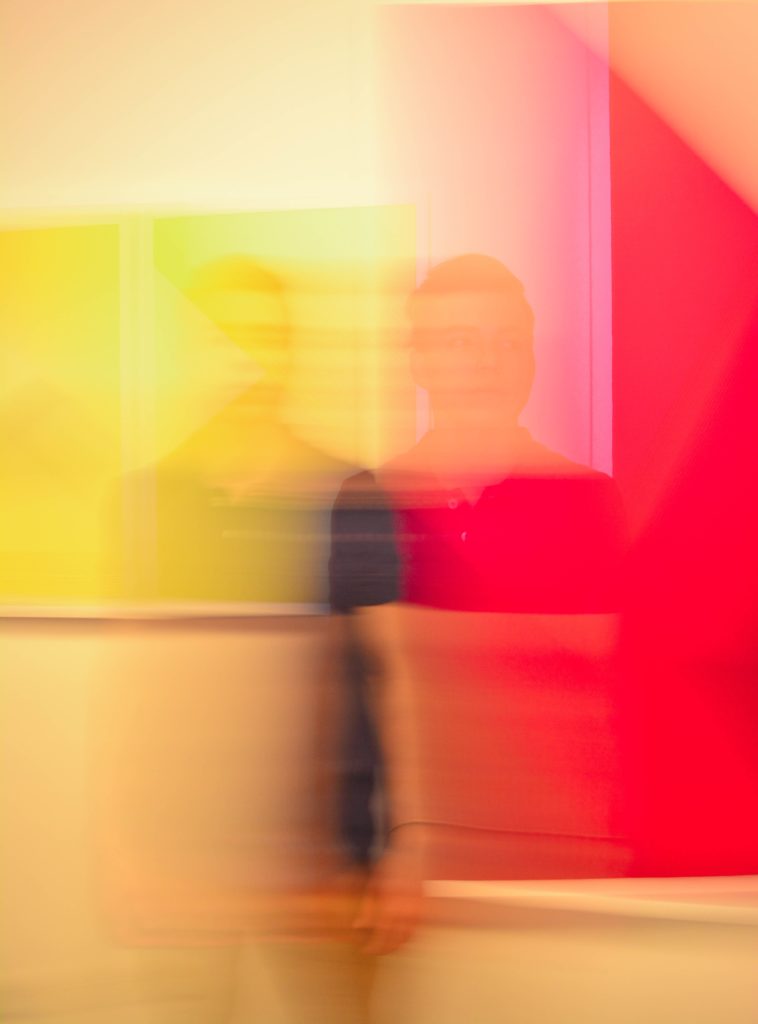 I’ve been thinking about the things I tell people about myself. I tell them I’m an educator, I tell them I’m a writer, I tell them I’m a vegetarian. I’m imagining, you do something similar. There are labels you carry with you and offer up to new people when you meet them. They might also be labels you count on as the fascia that binds you to your network of friends and colleagues. I wonder, though, if your labels are anything like mine.
I’ve been thinking about the things I tell people about myself. I tell them I’m an educator, I tell them I’m a writer, I tell them I’m a vegetarian. I’m imagining, you do something similar. There are labels you carry with you and offer up to new people when you meet them. They might also be labels you count on as the fascia that binds you to your network of friends and colleagues. I wonder, though, if your labels are anything like mine.